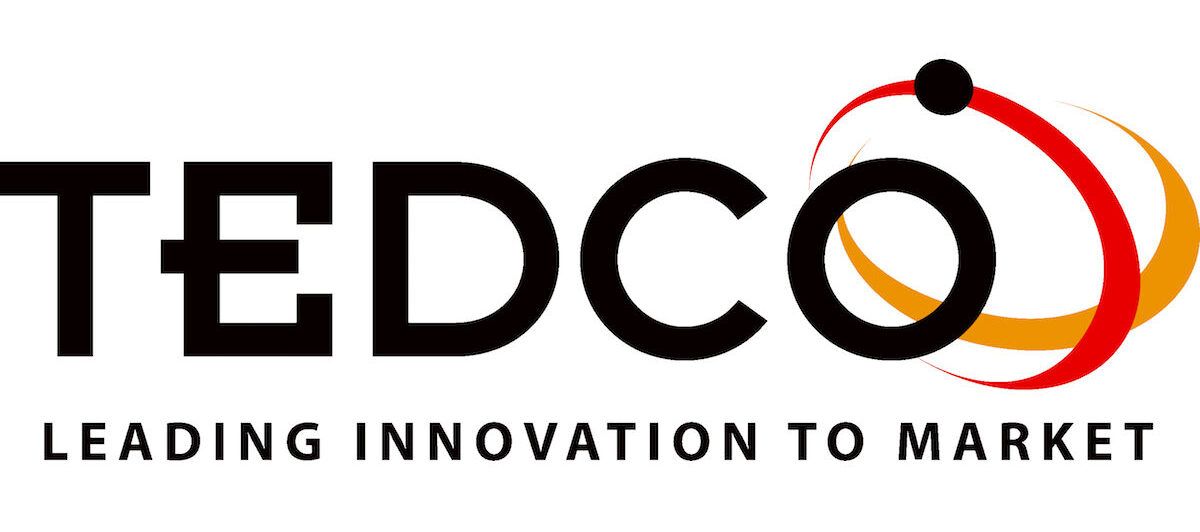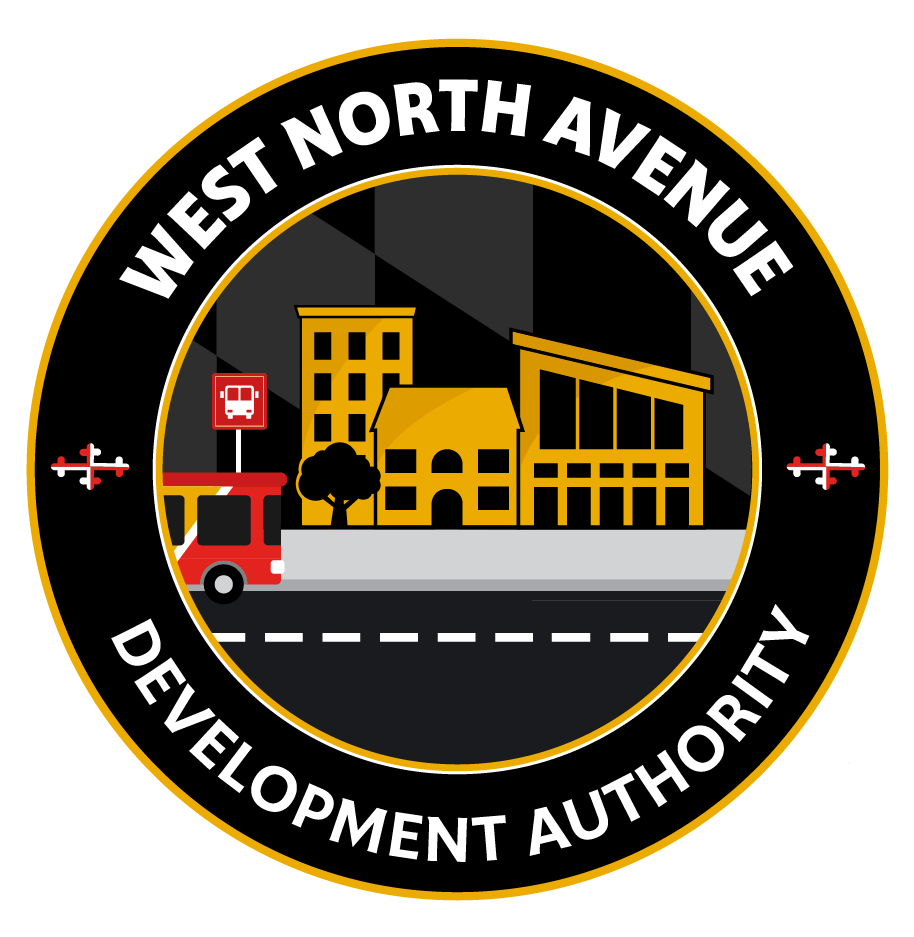2025 MEDA Winter Conference Recap
On Thursday, January 9, MEDA hosted more than 180 members, policymakers, and elected officials for the 2025 MEDA Winter Conference in Annapolis, MD. The 2025 Legislative Outlook For Economic Development event highlighted important topics for economic, community, and workforce development in Maryland during the upcoming legislative session and provided insights from legislators about the top priorities facing the General Assembly.
With sponsorship from Anne Arundel Economic Development Corporation, the event began with an introduction by its President and CEO, Amy Gowen. County Executive Stuart Pittman followed with welcome remarks, expressing optimism that despite the budget challenges facing the Moore-Miller Administration and General Assembly this year, Maryland has the right leadership in place to make the hard choices necessary for the State’s future. Annapolis Mayor Gavin Buckley welcomed the audience to the City and shared his vision for both economic growth and environmental sustainability in Annapolis.
During the “Maryland Business Leadership Report” session, moderator Tiffany Harvey, Principal of Cornerstone Government Affairs, led a discussion among the leaders of regional business and economic development organizations on the top priorities for this legislative session. The common thread across all five organizations—the Greater Washington Board of Trade, Maryland Chamber of Commerce, Maryland Association of Counties (MACo), Maryland Municipal League (MML), and Greater Baltimore Committee (GBC)—was a focus on the need for the State to adopt a thoughtful, strategic and long-term approach in solving challenges and becoming more economically competitive.
Mary Kane, President and CEO of the Maryland Chamber of Commerce, stated, “We have to be more competitive. I am very encouraged by the Governor’s [Moore] recent executive order focused on growing the economy. Let’s be strategic and thoughtful.” The Chamber’s top legislative priorities include business taxes, transportation funding solutions, data privacy and artificial intelligence, climate tax policies, and increasing childcare availability.
Lakey Boyd, Chief Economic Officer of GBC, stated, “The solutions need to be industry-led. This will be a shift for our State, but I believe it can be done. We need to shift to an offensive position and stop playing defense. That’s the focus for GBC.”
The “Maryland Legislative Outlook” session shared insights from members of both the House and Senate majority and minority leadership. Moderated by Tammi Thomas, MEDA Vice President, the panel included Senator Malcolm Augustine (President Pro Tem), Delegate David Moon (House Majority Leader), Senator Stephen Hershey, Jr. (Senate Minority Leader), and Delegate Jason Buckel (House Minority Leader). This group collectively acknowledged that the State’s budget challenge was the top priority for both Chambers this session. Beyond the budget, shared priorities emerged around key challenges, including affordability, housing and growing the private sector economy. Delegate Moon commented, “We can’t grow our economy through a reliance on growing government jobs because, ultimately, we all pay for that. What can we do holistically to generate private sector investment?”
The day concluded with remarks from Tom Sadowski, Executive Director of the Maryland Economic Development Corporation (MEDCO), and Maryland Department of Commerce Secretary Kevin Anderson. Sadowski shared information about the new Maryland Business Ready Sites program, announced under Governor Moore’s recent executive order—Strengthening Maryland’s Business Climate to Bolster Economic Competitiveness—and spearheaded by MEDCO.
Secretary Anderson introduced new leadership at the Maryland Department of Commerce and previewed new legislation to be announced soon by the Moore-Miller Administration, which aims to grow the State’s economy. He also discussed additional details of the Governor’s executive order, which defined Maryland’s “lighthouse sectors” for focused industry growth and includes the establishment of a Governor’s Economic Competitiveness Subcabinet and the Maryland Coordinated Permitting Review Council, among other initiatives.
“We at Commerce are the State’s lead economic development agency, but we can’t be successful without partnerships and coordination with our sister agencies to ensure we are all moving in the same direction,” Secretary Anderson concluded.
At the 2025 MEDA Winter Conference, MEDA’s Public Policy Committee announced findings from a recent study conducted in collaboration with the Business and Economic Outreach Network (BEACON) at Salisbury University. The study revealed that for every dollar invested in economic development, $8.81 was generated in state and local tax revenue. This statistic underscores the critical return on investment that economic development delivers to Maryland’s communities and bolsters the case for continued support and strategic legislative action. Read more about this announcement here.



